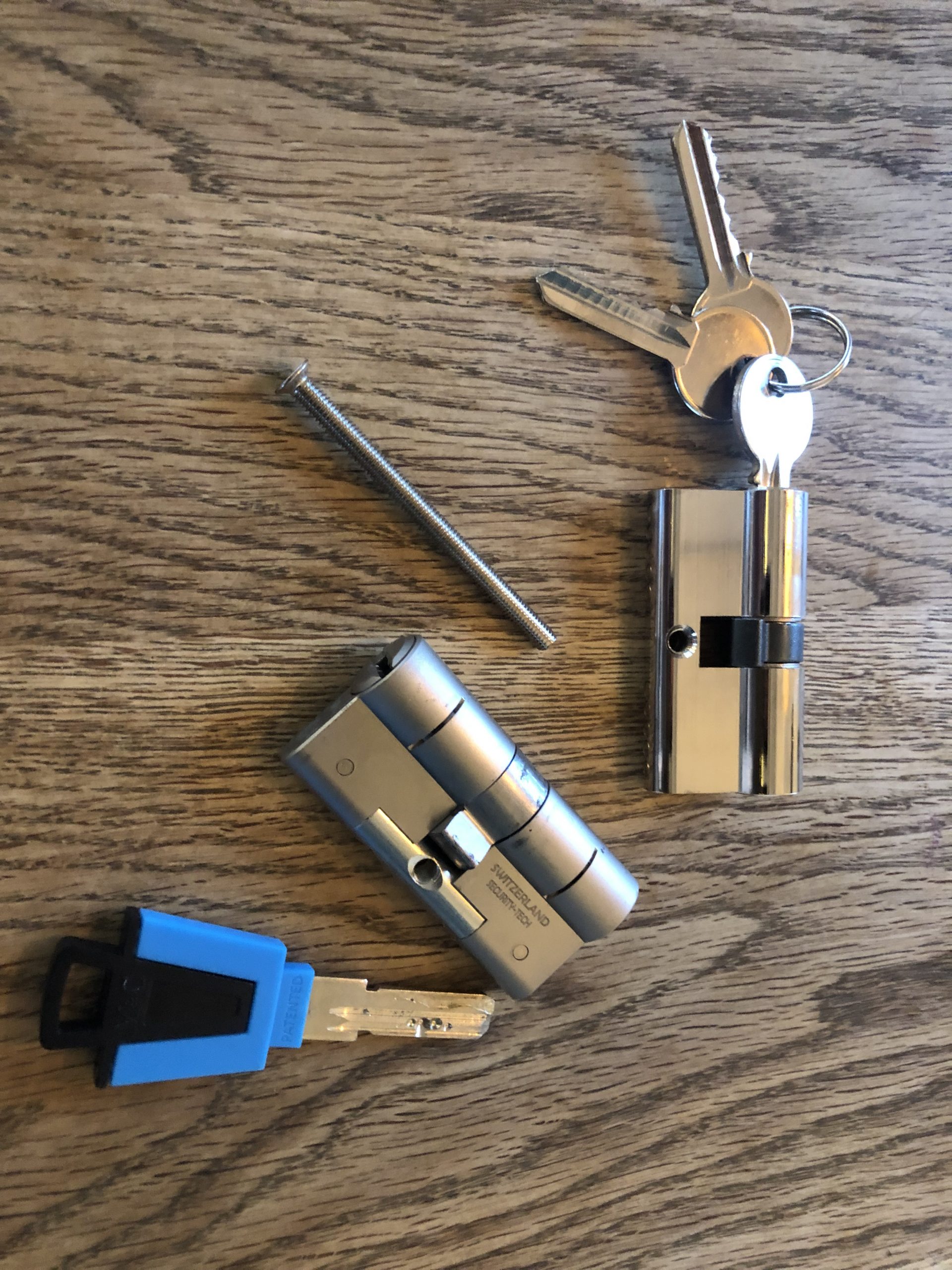admin
April 11, 2023

Living at this present, modern times, we all got used to locking the door when leaving our home. We lock our car, office, storage, letter box, and basically; any door can and probably will have a lock on it. It is part of our reality. But how did humans start using locks and how they became so important to our daily life?
Locks are an integral part of human civilisation, serving as a mechanism for securing possessions, protecting property, and ensuring privacy. The history of locks dates back thousands of years, with the evolution of locks reflecting the technological advancements and societal changes that have shaped humans over time. Lets start our journey
The earliest known locks were simple wooden devices used in ancient Egypt and Mesopotamia around 4000 BC. These early locks consisted of a wooden bolt that slid into a wooden housing, securing a door or gate. Over time, locks became more sophisticated as people began to experiment with different materials and mechanisms.
The Romans were known for their advanced engineering and craftsmanship, and their locks were no exception. Roman locks, dating back to the 1st century BC, were made of iron and featured complex designs with multiple levers and springs. These locks were primarily used to secure valuable goods and were often installed in temples, treasury vaults, and wealthy households.
During the medieval period in Europe, locks continued to evolve with the rise of metalworking techniques. Locksmiths, skilled craftsmen who specialised in making locks and keys, became an important part of society. Locks were used to secure castles, monasteries, and other fortified structures, as well as to protect valuable goods such as gold, silver, and documents.
One of the most significant advancements in lock technology was the invention of the pin tumbler lock in the 18th century by British locksmith Robert Barron. The pin tumbler lock used a series of pins of varying lengths that prevented the lock from turning unless the correct key was inserted and lifted the pins to the right height. This design revolutionised lock technology and became the foundation for many modern locks still in use today.
With the Industrial Revolution of the 19th century, lock production became more streamlined and mass-produced. This made locks more affordable and accessible to the general population, leading to their widespread adoption in homes, businesses, and public buildings. Locks became an essential part of everyday life, providing security and peace of mind to individuals and communities.
In the 20th century, locks continued to evolve with the advent of new materials and technologies. Combination locks, which used a series of numbers or letters instead of keys, became popular for securing safes, lockers, and other items. Electric locks, using electricity to control the locking mechanism, were developed for commercial and industrial applications, providing enhanced security and convenience.
In recent years, the rise of digital technology has brought about significant changes in the lock industry. Smart locks, which can be controlled remotely through smartphones or other connected devices, have gained popularity in homes and businesses, offering convenience and advanced security features. Biometric locks, which use fingerprints, retinal scans, or other unique human characteristics as keys, have also emerged as a cutting-edge technology for securing high-security areas.
Locks have also played a crucial role in various aspects of human life beyond traditional security. For example, locks are used in the transportation industry to secure vehicles, bicycles, and luggage. Lockers with built-in locks are commonly found in gyms, schools, and public spaces for secure storage. Locks are used in hotel rooms, hospitals, and offices to ensure privacy and restrict access to authorised personnel.
The importance of locks in human life extends beyond physical security. Locks have become symbolic representations of trust, privacy, and ownership. They are often used in metaphors and symbols in literature, art, and popular culture. For example, the phrase “lock, stock, and barrel” refers to the entirety of something, and “turning the key” can represent gaining access or making a significant decision.
In conclusion, locks have a long and fascinating history as an essential part of human life. From simple wooden bolts in ancient times to the advanced smart locks of today. We in Locksmiths . Amsterdam see locks as a way of life. We fix and install them, unlock and rekey them and always remain friends with them even when some locks can be difficult. For any lock issue, call our 24/7 locksmiths in Amsterdam now.
Contact us here 24/7
Subscribe here
Give Us A Call
Drop Us a Line
Office Location
WhatsApp 24/7